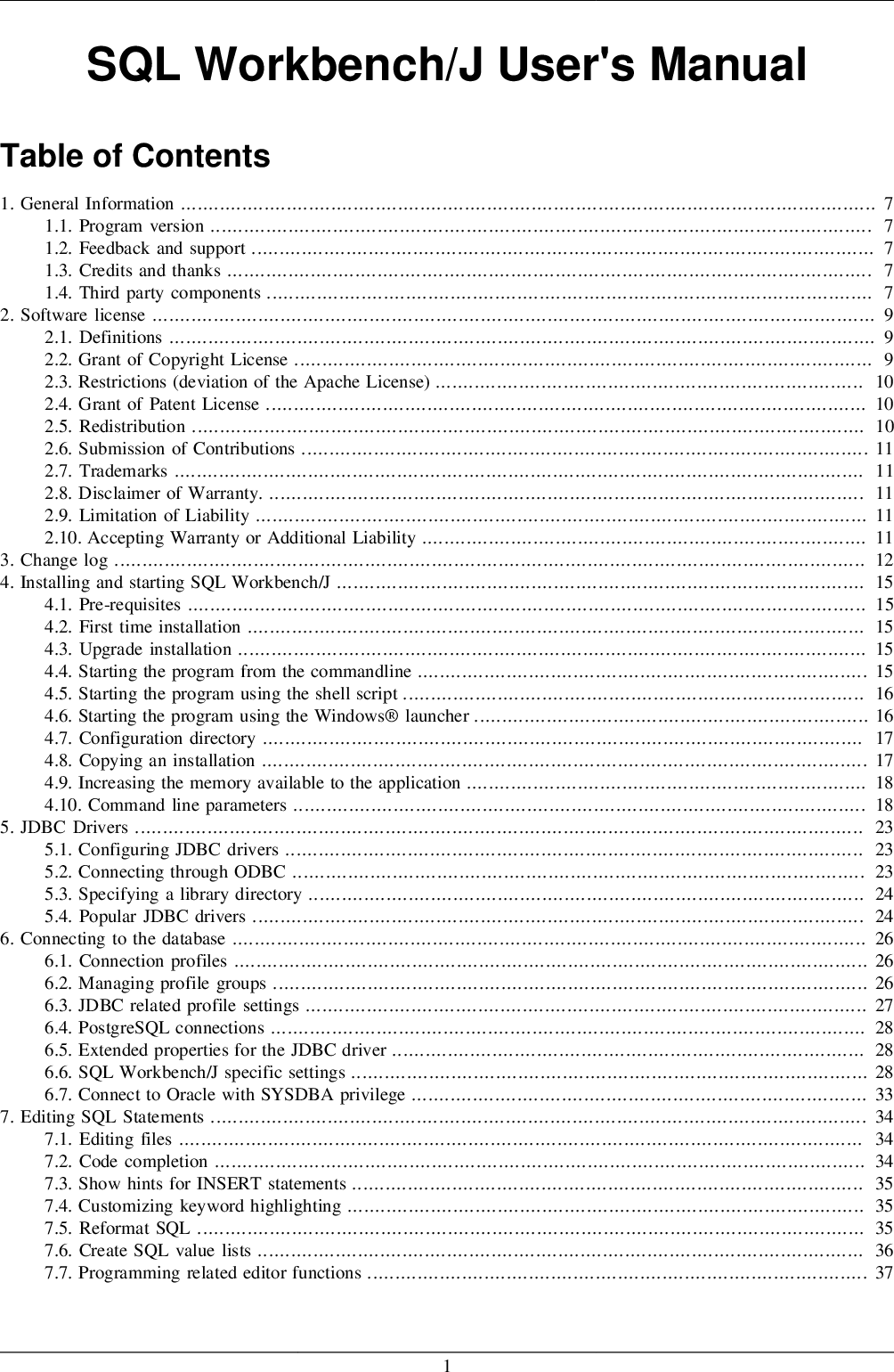With the Premium version, you can create word lists and share them with your friends, access all games and quizzes and enjoy the site with NO ADS. Weasel words can be a form of tergiversation and may be used in advertising, science, opinion pieces and political statements to mislead or disguise a biased view. " is identical in meaning to the question "What do you say? " This archaic phrasing, which lacks the word "do" and places the verb before the pronoun, comes down to us from Middle English. Although this expression has a long history, it is only used regularly today in legal English, where it can be used to ask for official responses to questions. Receive the full list of more than 1,000 psychometric words and unlock all learning games, such as grammar, pronunciation, reading comprehension, spelling and custom word lists.
Theodore Roosevelt attributed the term to his friend William Sewall's older brother, Dave, claiming that he used the term in a private conversation in 1879. In another early usage, Theodore Roosevelt argued in 1916 that "one of our defects as a nation is a tendency to use ...'weasel words'; when one 'weasel word' is used ... after another there is nothing left". Examples are used only to help you translate the word or expression searched in various contexts. They are not selected or validated by us and can contain inappropriate terms or ideas. Please report examples to be edited or not to be displayed.
Rude or colloquial translations are usually marked in red or orange. Wordtune was built by AI21 Labs, founded in 2018 by AI luminaries. Our goal is to revolutionize the way we read and write. We design advanced AI tools and language models that understand the context and semantics of written text. These models are what set Wordtune apart as the first AI-based writing companion, moving far beyond grammar and spelling fixes to help you put your own thoughts into written words. With top grades in English and teaching experience at university level, he is on a mission to share all of his knowledge about the English language.
Having written thousands of articles, he is an expert in communicating difficult topics in a clear and understandable language. Hmm What Did You Say Meaning in English - Find the correct meaning of Hmm What Did You Say in English, it is important to understand the word properly when we translate it from Urdu to English. After Urdu to English translation of Hmm What Did You Say, If you have issues in pronunciation than you can hear the audio of it in the online dictionary. With the Premium version, you can keep adding words to your custom word lists, and create more word lists.
The expression weasel word may derive from the egg-eating habits of weasels. An article published by the Buffalo News attributes the origin of the term to William Shakespeare's plays Henry V and As You Like It, in which the author includes similes of weasels sucking eggs. The article said that this was a misnomer, because weasels do not have a mandible suitable for sucking eggs.
Can't live without wordtune, as someone who writes a-lot of sales related copy wordtune helps me personalize and gives me ideas on how to rewrite words or sentences. Australian author Don Watson devoted two volumes (Death Sentence and Watson's Dictionary of Weasel Words) to documenting the increasing use of weasel words in government and corporate language. He maintains a website encouraging people to identify and nominate examples of weasel words.
Yet even if you're not as nitpicky as me (I hope you're not as nitpicky as me), mixing up the phrases you use is a good idea. This habit makes you a better speaker and writer and helps you avoid sounding repetitive. Whether you're in a meeting, drafting an email, talking on a sales call, giving a presentation, or writing a memo, using strong, persuasive, varied language gets your point across more effectively.
This multilingual on-line dictionary produced by the Luxembourg Ministry of Culture lists the words of the Luxembourgish language with their translation into German, French, English and Portuguese. To thank someone in Luxemburgish, in all circumstances, the expression used is "Merci" or "Villmols Merci". The answers to these would often be "Keng Ursaach" or "Gärgeschitt", meaning "no problem" and "you're welcome". Most people agree it's best not to take "How are you? Although everyone asks, few people want you to recite a laundry list of the day's events or personal struggles.
Context clues will tell you whether the person asking is making a sincere inquiry about your welfare or just engaging in polite chit-chat. If you know your contact, consider starting with something more personalized. A shared experience like a conference is always a good starting point, particularly if it's relevant to the conversation to follow. That aside, you can use this question any time you would normally ask "What do you say?
" There are no special circumstances required for this archaic expression to be used, or any difference in meaning between the two grammatical questions. I asked a pastor what he says to people in pain. In many pilgrims' progress, the slough of despond gives way to enchanted ground. ShabdKhoj - English Hindi Word Search and Translation is free online Hindi to English and English to Hindi translation service.
Best and most easy to use word list available on internet. Join Macmillan Dictionary on Twitter and Facebook for daily word facts, quizzes and language news. The scientific journal article is another example of the legitimate use of the passive voice. For an experimental result to be useful, anyone who runs the experiment should get the same result.
That is, the identity of the experimenter should be of low importance. Use of the passive voice focuses attention upon the actions, and not upon the actor—the author of the article. To achieve conciseness and clarity, however, most scientific journals encourage authors to use the active voice where appropriate, identifying themselves as "we" or even "I". False authority is defined as the use of the passive voice without specifying an actor or agent.
For example, saying "it has been decided" without stating by whom, and citation of unidentified "authorities" or "experts", provide further scope for weaseling. It can be used in combination with the reverse approach of discrediting a contrary viewpoint by glossing it as "claimed" or "alleged". This embraces what is termed a "semantic cop-out", represented by the term allegedly. This implies an absence of ownership of opinion, which casts a limited doubt on the opinion being articulated. The construction "mistakes were made" enables the speaker to acknowledge error without identifying those responsible.
I've already written about alternatives for a number of common phrases, but what about "for example"? On the surface, this one appears to save us some time, but here's how the conversation normally goes. Sometimes giving yourself a moment to pause, assess the situation and decide if it's really beneficial to you and others is a much stronger option. What if "no" would result in a better outcome for both parties?
Saying "no" doesn't have to mean you're being self-serving. Say, for instance, a coworker asks you to crank out a last minute project over the weekend. You could agree to do so immediately, as you want to be seen as a team player. But when you really think about it, there are flaws in your coworker's idea. The power of no can be beneficial for all parties involved sometimes. Such a phrase is written in the infinite tense.
This means it can apply to the past, present and future. To change the tense, you will need to add extra words on. Crystal Raypole has previously worked as a writer and editor for GoodTherapy. Her fields of interest include Asian languages and literature, Japanese translation, cooking, natural sciences, sex positivity, and mental health.
In particular, she's committed to helping decrease stigma around mental health issues. Trying to include everyone equally can, at times, minimize the voices of people who need to be heard. Focusing on understanding the separate experiences of different groups of people — and how those experiences continue to affect them — can offer a better path toward change. In other words, the term aims to bring to center stage the specific violence, cultural erasure, and discrimination experienced by Black and Indigenous people. If you aren't sure exactly what this term means — it doesn't mean bisexual People of Color, as many people might have assumed — or how to use it, keep reading for an in-depth explanation.
But these two little words signify more than just a passing greeting. In its literal sense, 'ora' refers to a state of living, or being alive. By using using 'kia', it changes it from a noun to a verb, so rather than 'alive' it is 'living'.
So when you say kia ora to someone, you are wishing the essence of life upon them. This type of exchange is appropriate if you've come upon someone who seems to be having a challenging day and you want to share a little friendly commiseration. Be warned, though, that if the other person isn't also having "one of those days," you might seem as though you're fishing for attention.
Both phrases are appropriate for work correspondence, but stick to "How are you? " when you don't know the correspondent very well—it's generic enough to be considered a polite gesture. The adverb figuratively describes something symbolic, not actual.
If a friend invites you to tonight's concert but you already have plans with your family, you might say — figuratively — that your hands are tied. Suffering had such profound and unpredictable effects on those characters, as it does on all of us. Suffering can make people self-centered, loveless, humorless and angry. But we all know cases where suffering didn't break people but broke them open — made them more caring toward and knowledgeable about the suffering of others.
And the old saying that we suffer our way to wisdom is not wrong. We often learn more from the hard times than the happy ones. Frankl argued that we often can't control what happens to us in life, that we can control only how we respond to it. If we respond to terrible circumstances with tenacity, courage, unselfishness and dignity, then we can add a deeper meaning to life. One can win small daily victories over hard circumstances. In the sentence "She has played banjo for four years," for example, has is an auxiliary verb , and played is a past participle.
As in the examples mentioned before, hasis used with a third person singular pronoun. As children get older, they understand more about sexuality, and you can be direct with clinical terms. The critical piece is teaching kids what is socially appropriate for them to say. Can ask all types of general questions and can understand longer answers.
How to say what do you say in Hindi and what is the meaning of what do you say in Hindi? What do you say Hindi meaning, translation, pronunciation, synonyms and example sentences are provided by Hindlish.com. The dictionary says it was Thomas Edison who put hello into common usage. He urged the people who used his phone to say "hello" when answering.
His rival, Alexander Graham Bell, thought the better word was "ahoy." Meaning Guru Offers Indian Language Dictionaries with meaning, definition, examples, Translation, pronunciation, synonyms, antonyms and relevant words. Meaning and definitions of say, translation of say in Marathi language with similar and opposite words.
Spoken pronunciation of say in English and in Marathi. English Language Learners Stack Exchange is a question and answer site for speakers of other languages learning English. However, you can always create a new list, or add this word to Your Favorites.
Carl Wrighter discussed weasel words in his best-selling book I Can Sell You Anything . Restricting information available to the audience is a technique sometimes used in advertisements. For example, stating that a product "... is now 20% cheaper!" raises the question, "Cheaper than what?". It might be said that "Four out of five people prefer ..." something, but this raises the questions of the size and selection of the sample, and the size of the majority. "Four out of five" could actually mean that there had been 8% for, 2% against, and 90% indifferent. Ovid's Metamorphoses provides an earlier source for the same etymology.
Ovid describes how Juno orders the goddess of childbirth, Lucina, to prevent Alcmene from giving birth to Hercules. Alcmene's servant Galanthis, realizing that Lucina is outside the room using magic to prevent the birth, emerges to announce that the birth has been a success. Lucina, in her amazement, drops the spells of binding and Hercules is born.
Galanthis then mocks Lucina, who responds by transforming her into a weasel. Ovid writes (in A.S. Kline's translation) "And because her lying mouth helped in childbirth, she gives birth through her mouth." When that new lieutenant makes it through his first field training exercise without getting his platoon lost, you've got a sierra hotel lieutenant. If he gets them lost every day and then accidentally calls for fire on his company headquarters, he's hotel sierra.
Either way, it's a few extra syllables, but worth it if you don't want him to know what you're saying. Charlie Foxtrot is also known as a cluster fuck. As a phonetic expression, it is not particularly egregious, as it only adds one syllable, but keeps the conversation PG if sensitive ears are present. Ways to phrase your sentences for well-written and engaging messages. It has helped me improve my confidence and not second guess everything I write. Having multiple options for a sentence also helps me to learn how one sentence can be written in different ways.


























